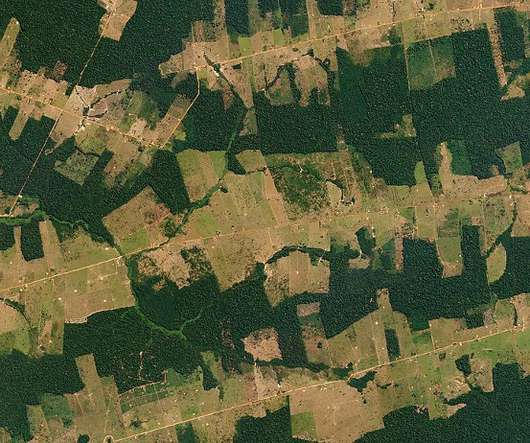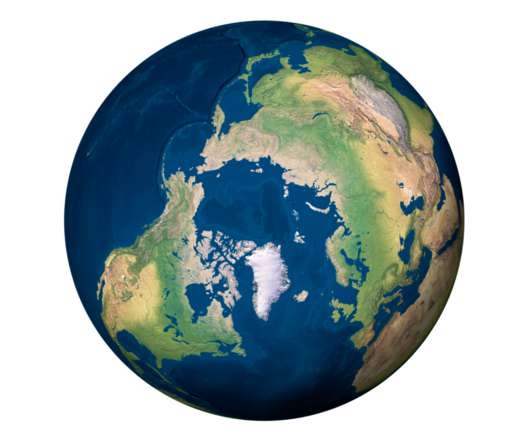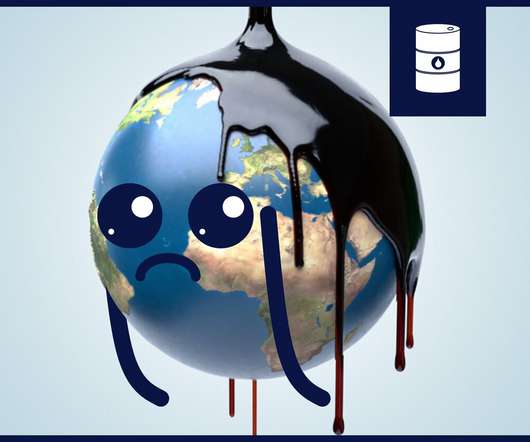Tipping Points In Tropical Forests: Carbon Fluxes In The Amazon And Africa
Energy Innovation
AUGUST 6, 2021
Energy Innovation partners with the independent nonprofit Aspen Global Change Institute (AGCI) to provide climate and energy research updates. Forest and Fields, Rondônia, Brazil, July 18, 2016; Farms and pastureland carve their way into tropical forestland in the western Brazilian state of Rondônia. Source: Planet Labs, Inc.,















Let's personalize your content